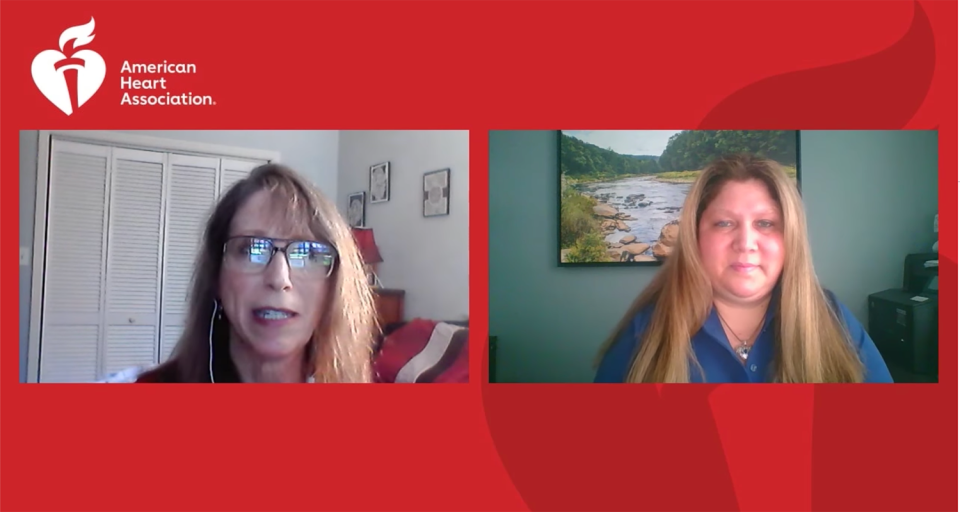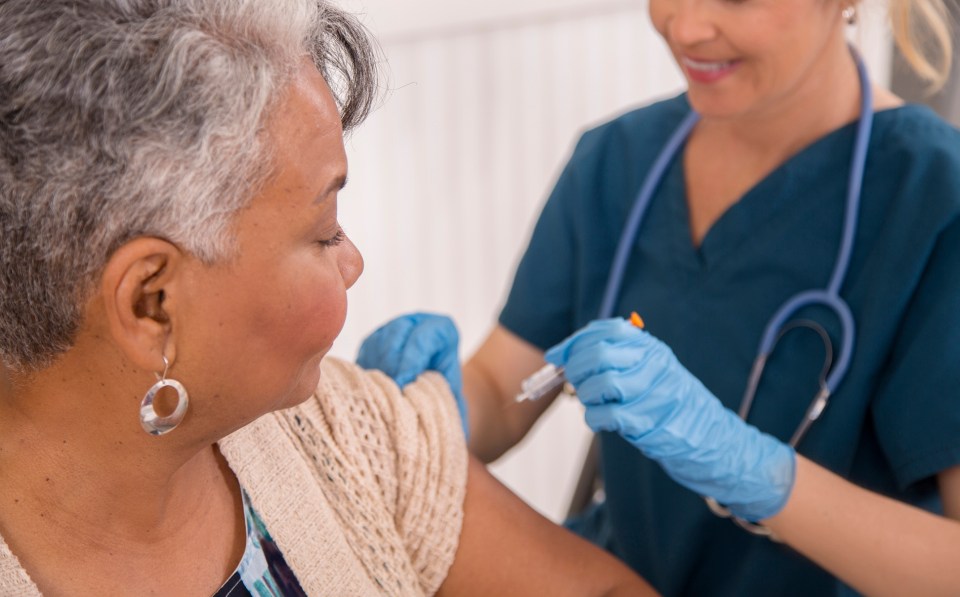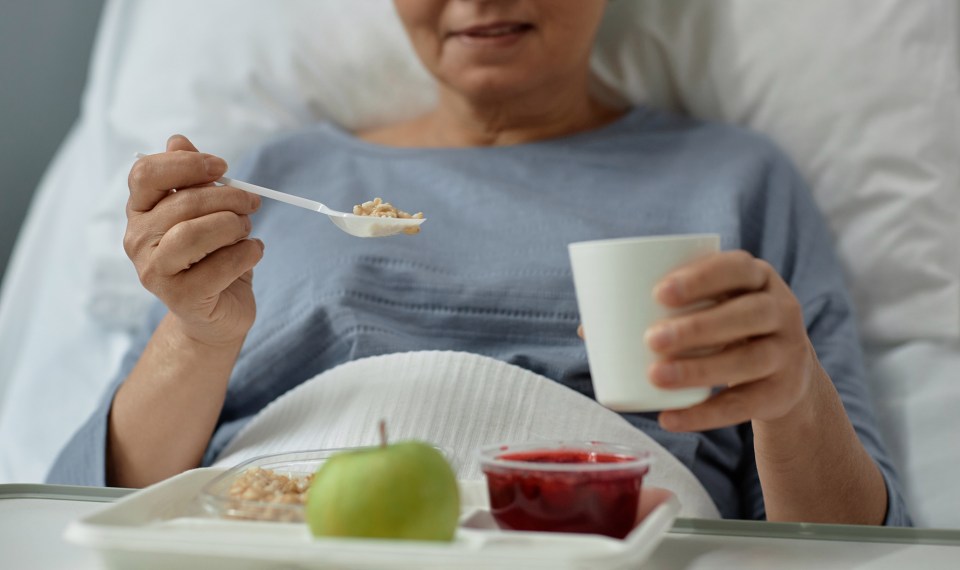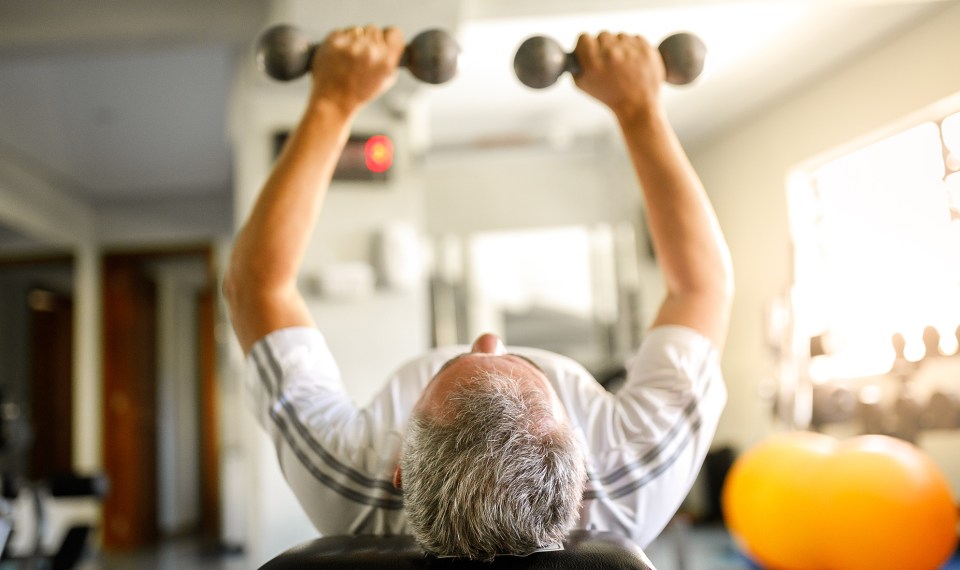Encompass Health participated in a virtual Facebook event Nov. 19 hosted by the American Stroke Association in observance of National Family Caregivers Month held annually in November. The presentation allowed future and current caregivers an opportunity to hear experiences and feedback from other caregivers like Laurie Cunningham, Eli Gold and Vaneeta Jaswal, as well as healthcare professional Michelle McCann. The presentation provided tips and resources for caregivers including self-care, finding balance and preventing burnout and celebrated all caregivers for taking on this incredibly vital role in patient care.
About the panel
- Cunningham, who moderated the panel, had just retired as a counselor when she took on the role of caregiver following her husband’s stroke several years ago.
- In addition to being a senior occupational therapist, support group lead and stroke program co-champion at Encompass Health Rehabilitation Hospital of Savannah, Gold is a mother of seven and the wife to Israel. She transitioned to the caregiver role in 2017 when Israel had a stroke and has supported him through his recovery journey and returning to his classroom as a full-time educator.
- Jaswal found herself in the caregiver role multiple times throughout her childhood and then her adult life assisting her father, who has battled heart-related issues. She put her academic career on hold to care for him. Today, she is a practicing attorney and is grateful to have her father cheering her on.
- Serving as the healthcare expert on the panel, McCann is the director of quality and risk for Encompass Health Rehabilitation Hospital of Sewickley in Pennsylvania. A strong patient and caregiver advocate, McCann coordinates support group and education services for individuals involved in her hospital’s stroke, brain injury, amputee services and caregiver networks.
Self-care
One of the topics discussed by the panel is making sure caregivers take the time for self-care. Jaswal mentioned that she made sure to prioritize self-care when her father was going to appointments. For instance, when she would drop her dad off for his four-hour dialysis treatments, she would run errands, study or workout. She also found ways to incorporate her dad’s self-care into her own outings to the park, where he could be outside while she would take a quick run.
Gold shared similar feedback to Jaswal in that she modified the things she and her husband enjoyed prior to his stroke in order to find ways for them to spend quality time together, and Cunningham discussed how she found comfort in cartoon journaling. Her series of cartoons about her and her husband’s experiences eventually led to a blog for other caregivers. All panelists emphasized the importance of finding an outlet.
Preventing caregiver fatigue or burnout
McCann stated that many caregivers fall into the caregiving role with little preparation. Taking on many tasks on top of the physical, emotional and economic strains can lead to caregiver fatigue or caregiver burnout. Caregiver fatigue is something that happens when a person doesn’t feel they’re meeting the needs of their loved one and feel guilty when asking others for help. Caregiver fatigue can eventually lead to caregiver burnout, a longer term state of emotional strain that takes a negative spiral.
She stated that caregivers should try to recognize the signs that they’re becoming overwhelmed and take care of themselves, so that they are able to take care of the individual better. Journaling, talking to others about their struggles, making time for themselves, joining support groups for caregivers and leaning on their support system are all important to a caregiver’s overall wellbeing. McCann referred to an analogy often heard on airplanes about oxygen masks. In a time of crisis, passengers are encouraged to put on their own oxygen masks before helping others, because taking care of oneself is vital when taking care of others.
Balance
Finding balance is also a constant struggle for many caregivers. Jaswal mentioned that she found a way to “stop, pivot and adapt” when she felt overwhelmed. She didn’t want her dad to see her frustrations or make him feel like he was a burden to her, so she had to learn to adapt.
Gold said it was important for her to accept and embrace their new normal. As a result of the stroke, her husband could no longer drive due to an issue with his vision. She found herself shopping more online to make things easier on them. She also stressed that it’s important to know when to ask for help and what to ask for. A caregiver’s friends and family may assume caregivers need help with certain things, but it’s important for the caregiver to let people know what specific type of help they need.
For more tips and resources, view the full presentation on the American Stroke Association’s Facebook page.
The content of this site is for informational purposes only and should not be taken as professional medical advice. Always seek the advice of your physician or other qualified healthcare provider with any questions you may have regarding any medical conditions or treatments.



